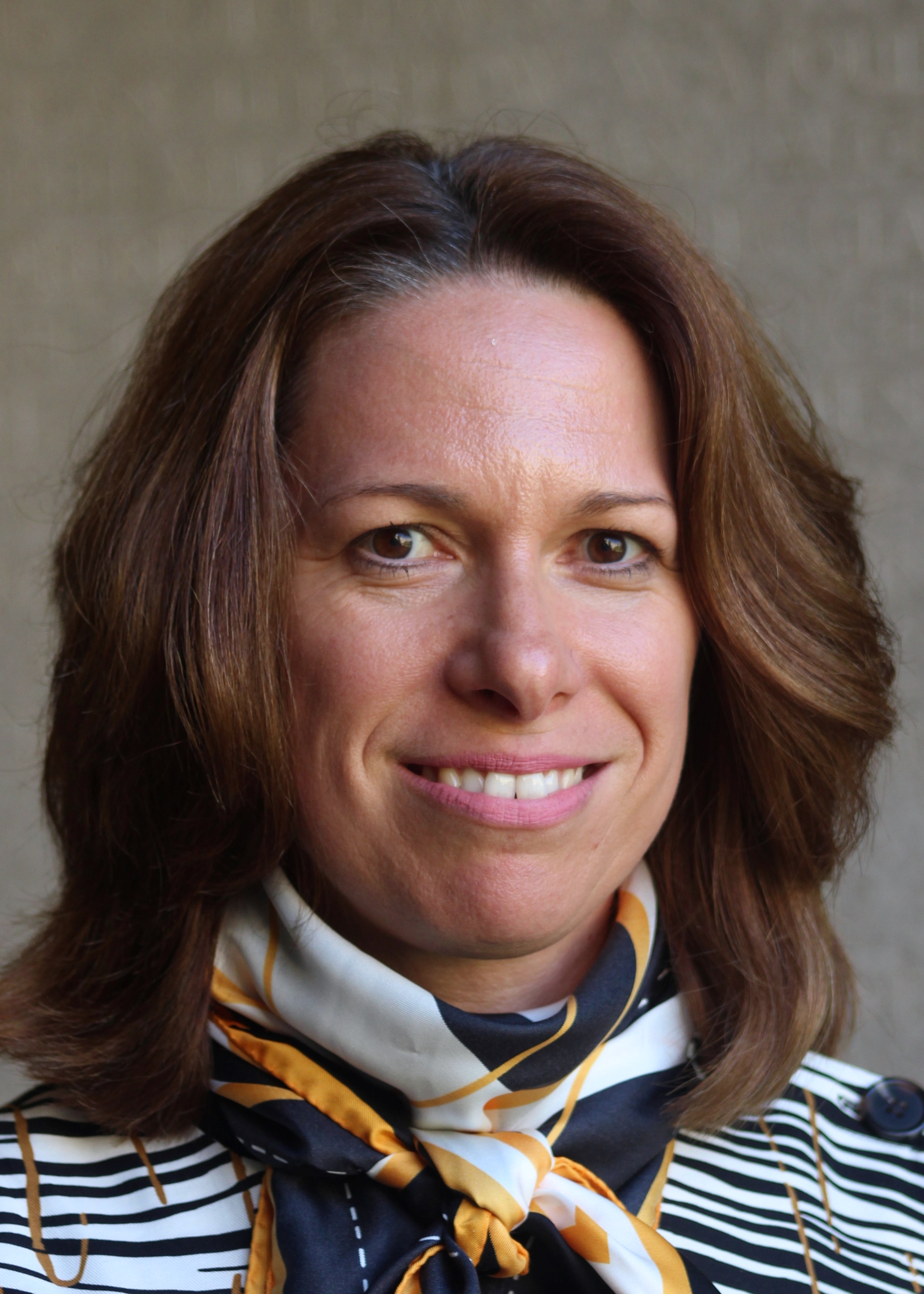 La cuarta edición del “Workshop on the Future of Government” reunió durante tres días a 25 altos funcionarios, políticos, académicos y otros profesionales españoles de dilatada trayectoria en el ámbito público en la McKenna Room de Christ Church College, en la Universidad de Oxford, para hablar de este y de otra serie de bloques temáticos relacionados con el futuro del gobierno. En la sesión impartida por Anette Mikes, Associate Professor of Accounting at Oxford Saïd and a Fellow at Hertford College, de la Universidad de Oxford, se exploraron las implicaciones de una elección existencialista para la gestión de riesgos a nivel de sistema y las disciplinas de las ciencias sociales, en particular la economía, las finanzas, la contabilidad y la gestión.
La cuarta edición del “Workshop on the Future of Government” reunió durante tres días a 25 altos funcionarios, políticos, académicos y otros profesionales españoles de dilatada trayectoria en el ámbito público en la McKenna Room de Christ Church College, en la Universidad de Oxford, para hablar de este y de otra serie de bloques temáticos relacionados con el futuro del gobierno. En la sesión impartida por Anette Mikes, Associate Professor of Accounting at Oxford Saïd and a Fellow at Hertford College, de la Universidad de Oxford, se exploraron las implicaciones de una elección existencialista para la gestión de riesgos a nivel de sistema y las disciplinas de las ciencias sociales, en particular la economía, las finanzas, la contabilidad y la gestión.
Kim Stanley Robinson – award-winning science fiction writer – has warned us that our current history is a choice between “utopia or catastrophe; there is no middle ground”.
In this session, we explored the implications of this existentialist choice for system-level risk management and the social science disciplines, in particular economics, finance, accounting, and management. Our goal was to build a provocation to reassessment and action and to develop some tentative propositions about the direction and purpose of government in an age of crisis. If the foundations of our civilisation, and even the future of humanity, are faced with such a serious threat, do current economic orthodoxies and cognate institutions make sense? Do the ways politicians and civil servants engage with corporations and institutions provide challenge or solace to those who are currently steering our liner towards the iceberg?
The intellectual journey taken in the session follows that of the protagonists in Robinson’s recent novel The Ministry for the Future, taking in arguments about economics and finance (from Adam Smith and Friedman to Keynes and Chen) with diversions into legal theory, psychology, sociology, fiscal and monetary policy. Our aim was to pull the narrative from dread to hope. However, the hope on offer is not a product of naïve and unbridled optimism: the session ended with an apprehension of outstanding challenges.











